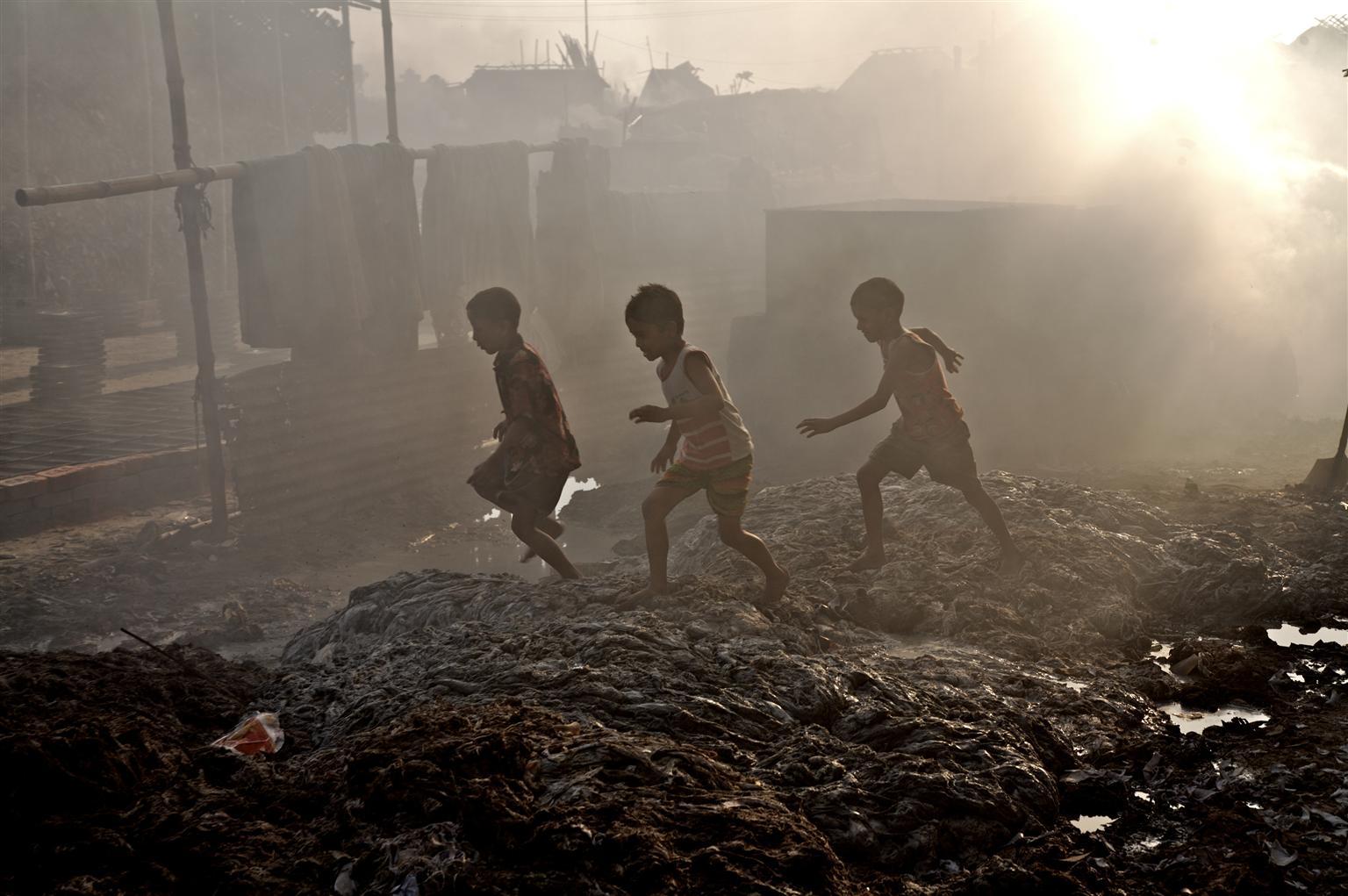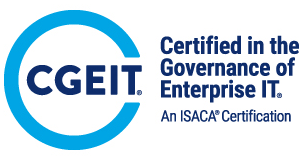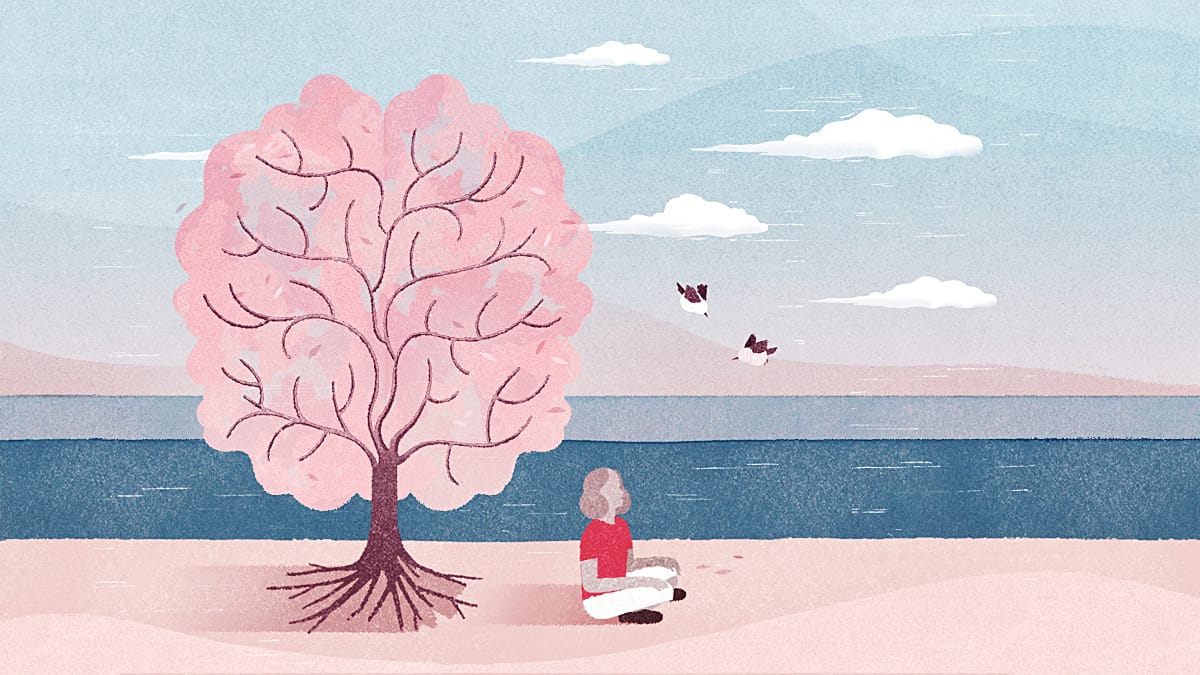In case you only have 15 seconds to read this *wink, here’s the
summary: to remain grounded amidst a sea of flashy buzzwords
is a luxury.
I got inspired to write this on my way back from buying my
favorite seblak (a Sundanese savory and spicy dish with wet
crackers as the main ingredient) while raindrop was suddenly pouring over me. I
saw some people had to work under the rain with nothing on top of their heads.
Under this kind of circumstance, it is a luxury to be able to rush home and
worry about nothing. Wait. I said luxury? Why did this word instead of
privilege pop up in my mind?
Ever since I don’t exactly remember when, I rarely call something that not
everybody has access to/opportunity of a privilege anymore. I used to call
everything which wasn't near to a problem for me but still was considered one for some people as a privilege. For example, in this pandemic situation, the
option to work from home when some people have to go out to earn money was called a privilege. Now I name it a whole luxury.
My standard on luxury has become lower and lower and for me that’s
self-betterment. I realized that even the “basic requirements” in my life are
out of the range of some people. A roof over my head, clean clothes, 3-meals a day, health facilities, internet access—who says everyone has access to them? Tertiary education experience, a stable job—the opportunities I casually didn't deem beds of roses. The realization I got from thinking about them humbled
me every time.
(P.S.: I recently came across an article about global education
statistics *tried to post the link but I can’t find it again. Globally, the
percentage of individuals with college degrees was less than 8%. I was taken
aback. Indeed, the saying "privilege is invisible to those who have it" was also
applied to me and I felt sorry about that.)
From time to time, the list of what I called luxuries simultaneously expanded and shifted. Back then when I was a teenager, everything extravagant is a luxury. When I entered college, I remember mentioning having idealism as a luxury. I also remember saying that finding what you genuinely want to do in life as early as possible (and even better if we can live according to the results) is a luxury. Some years ago, because I found that being left with no choices could be a thorny situation, having choices slid up on my “what are luxuries” leaderboard.
Now, as I work in the information technology field, there is something I would like to call a luxury: the ability to remain grounded amidst the sea of flashy buzzwords. We live in an era where we hear (and maybe use) a fair amount of jargon. In the period where someone is regarded as knowledgeable when they mention sophisticated tech terms, it exerts oneself to be undistracted.
After some people (especially the influential ones) talked about the tech buzzwords, what usually happened next is those things seemed too splendid to be unimplemented. The truth is, I have seen a lot of cases where technology implementation was rushed while the fundamental stuff was nowhere near steady. I've witnessed that technology adoptions were done hastily just because they were fancy yet no one carefully analyzed/calculated the cost and benefits in advance. I’ve heard here and there that the necessary requirements to make them effective hadn’t been established while the decision to invest in the new technologies was made. I wouldn’t even go deeper with the benefits realization and investment payback because in that kind of situation, what do we expect? :)
(Have you ever seen memes of a boy trying to skip some stair-steps which were widely used to represent how humans sometimes skip the important parts for whatever "shiny" stuff represented by the step which was aimed to? High five if you laughed over them 😊).
I know to be updated with technology
advancement information is something highly necessary. I agreed that it’s essential to
understand what’s going on in the tech world so we could react appropriately—anticipate
and respond to the risks and/or leverage the tech in case it is beneficial. However, to be easily dazzled by the buzzwords
and lose sight of what’s truly important is something I consider harmful. Imagine
investing a great sum of money on something for the sake of following the trends while the
expected benefits are uncertain and the risks haven’t been properly assessed (or even more addressed).
For those reasons, I can say that the ability to remain grounded amidst the sea of fancy buzzwords is a luxury. The ability to prioritize the fundamental things while having the serenity to not feel missed out is such a luxury. In the IT world, maybe that’s one of the highest kinds of luxuries ever existed.
Your "hey I am back writing about IT again even though the IT part is microscopic" friend,
iim
---------
*In the tech world, it's not that having the most sophisticated tool that I called a luxurious life, it's knowing what's really needed.
*I remember my high school counselor ever advised the students: ojo nggumunan (don't be too easily impressed). Now I understand its hidden meaning even more.
image source: wallpaperaccess.com












